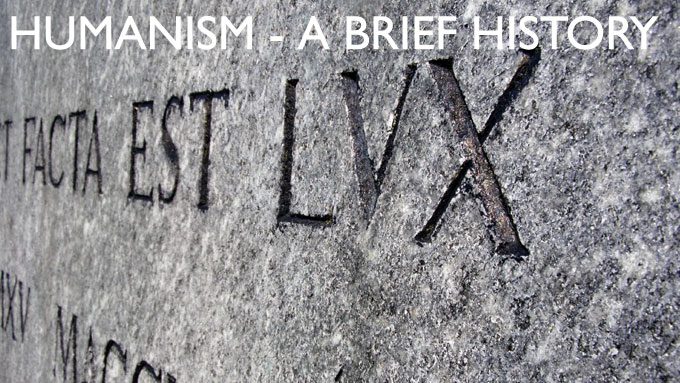Humanism – A Brief History
Although many people assume that the Humanist movement and associated philosophies are a fairly modern way of thinking, Humanist thinking can actually be traced back over 2000 years.
Many cultures all over the world have developed Humanist philosophies and traditions, including China, India and much of Western Europe.
From the 19th Century freethinkers; Charles Darwin, George Eliot and Thomas Hardy, to the 20th century Humanists; Sigmund Freud, Gene Roddenberry and my personal hero, Stephen Fry, more and more of us in each generation are becoming aware of the Humanist philosophy and choosing to live our lives in a responsible and empathetic way.
As Humanists, we have a duty to respect each other, as well as each other’s choices. The Humanist approach is one of empathy towards others, respect for the rights and wishes of others and about choosing the course of action which will cause the least amount of harm to others. As Humanists, we are not dictated to by a set of religious rules or doctrines, but rather look at each particular situation objectively, weigh up the evidence and possible consequences, and then try to make an informed decision about the best course of action.
But I think that as humans, we can all think in this way and endeavour to make our choices based on reason, empathy and respect.
Throughout the development of Humanist thinking in many cultures, it must also be said that many of the people who shaped this philosophy also followed a god or gods, but were considered to be not only open minded and thoughtful, they fought against religious bigotry and ignorance.




